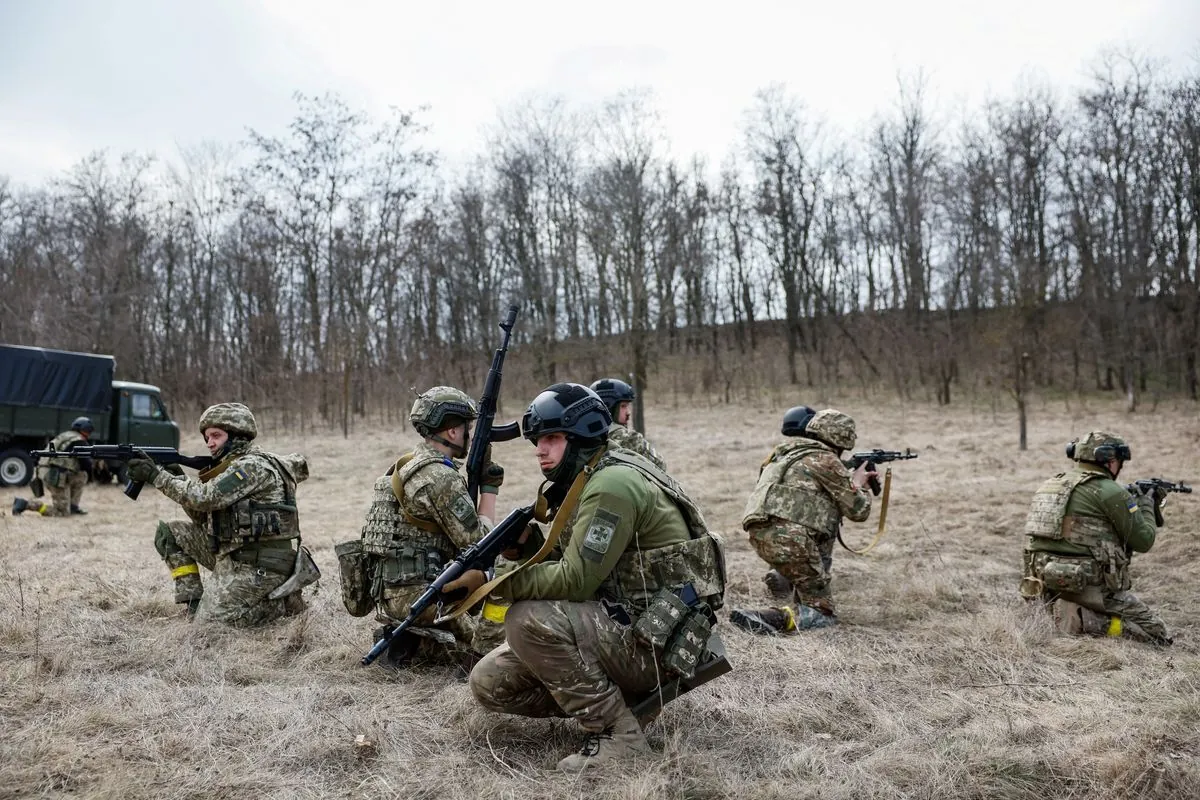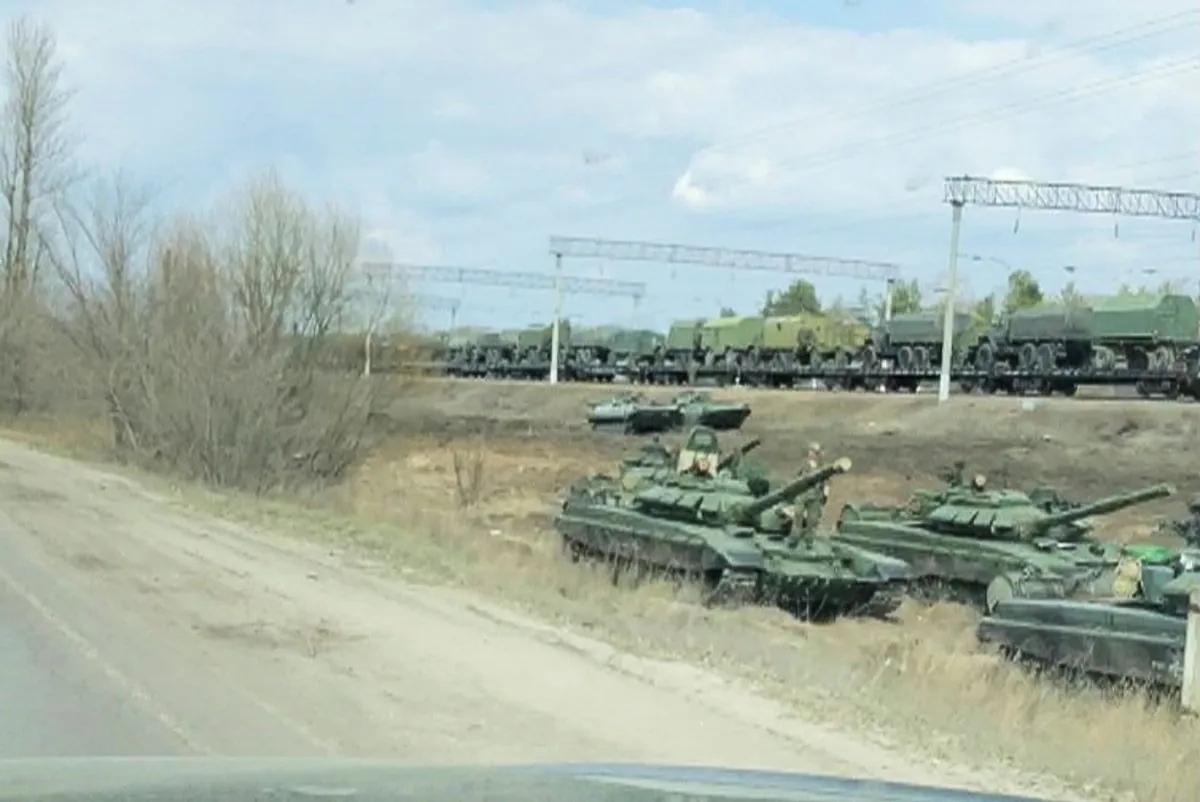Ukraine's Bold Move: Shifting War Dynamics and Negotiation Prospects
Ukraine's incursion into Russia's Kursk region marks a significant shift in the war, challenging assumptions and potentially altering negotiation dynamics. The operation demonstrates Ukraine's strategic capabilities and may provide leverage for future talks.

In a dramatic turn of events, the Russia-Ukraine conflict has entered a new phase with Ukraine's incursion into Russia's Kursk region. This operation, reminiscent of the successful counteroffensives in Kharkiv and Kherson in late 2022, represents the most substantial territorial gain by either side in nearly two years.
The Ukrainian military's ability to achieve surprise and exploit breakthroughs stands in stark contrast to Russia's consistent failures since the invasion began. This marks the first time foreign troops have entered Russian territory since World War II, bringing the reality of the conflict directly to Russian soil.
Western allies, including the White House and European Union headquarters, have expressed support for Ukraine's decision-making autonomy in this operation. This stance challenges previous assumptions about escalation and so-called "red lines" that were thought to potentially trigger a wider conflict.

The Kursk operation may serve multiple strategic purposes for Ukraine:
- Demonstrating military capability
- Challenging the notion of Russian invulnerability
- Potentially gaining leverage for future negotiations
An unnamed advisor to President Volodymyr Zelensky suggested that the offensive aims to strengthen Ukraine's position in potential talks with Russia. This aligns with recent hints from Zelensky about Ukraine's readiness to negotiate, as expressed in a BBC interview last month.
Several factors may be influencing Ukraine's approach:
- Growing war weariness among Ukrainians
- Criticism of Ukraine's previous reluctance to engage in talks
- Uncertainty about future Western support, particularly in light of the upcoming U.S. presidential election in November
Historical context is crucial to understanding the significance of this operation. Previous negotiations, such as the Minsk accords of 2014 and 2015, resulted in unfavorable terms for Ukraine due to its weak bargaining position. The current incursion may be an attempt to shift the narrative from a "land for peace" deal to a "land for land" arrangement.
This new dynamic presents challenges for Russian President Vladimir Putin. The loss of control over Russian territory is a significant embarrassment, yet the recently annexed Ukrainian regions are also considered part of Russia's state territory. This dilemma may provide an opening for diplomatic solutions within the Russian leadership.
"Would an idea be for both states to retreat to within their respective recognized border?"
While these developments offer intriguing possibilities for ending the conflict, a fundamental issue remains: Russia's history of disregarding agreements with Ukraine. Nevertheless, this bold move by Ukraine has undoubtedly altered the landscape of the war and may pave the way for new approaches to resolving the ongoing crisis.


































